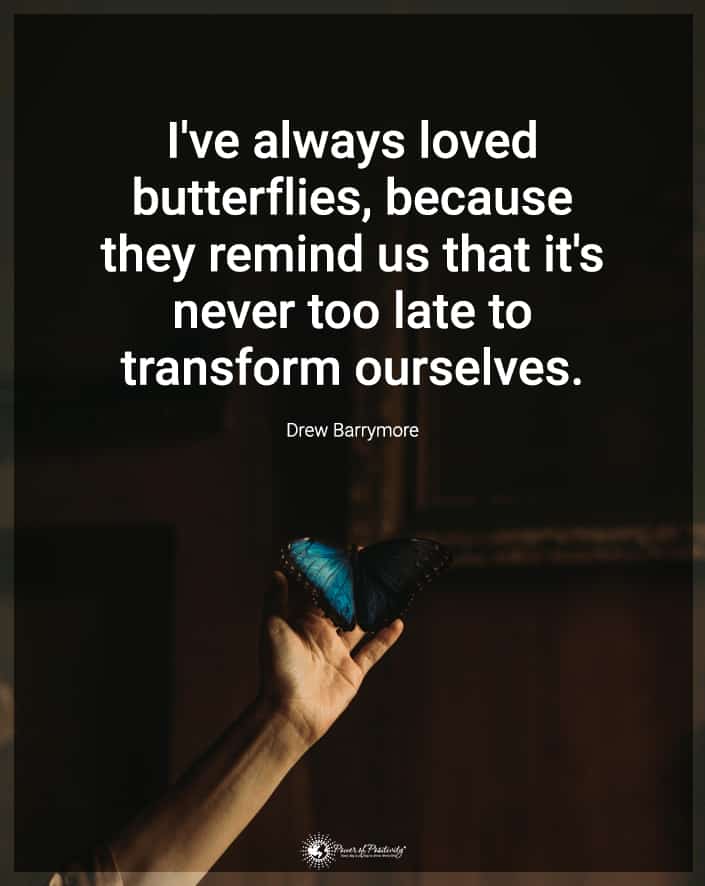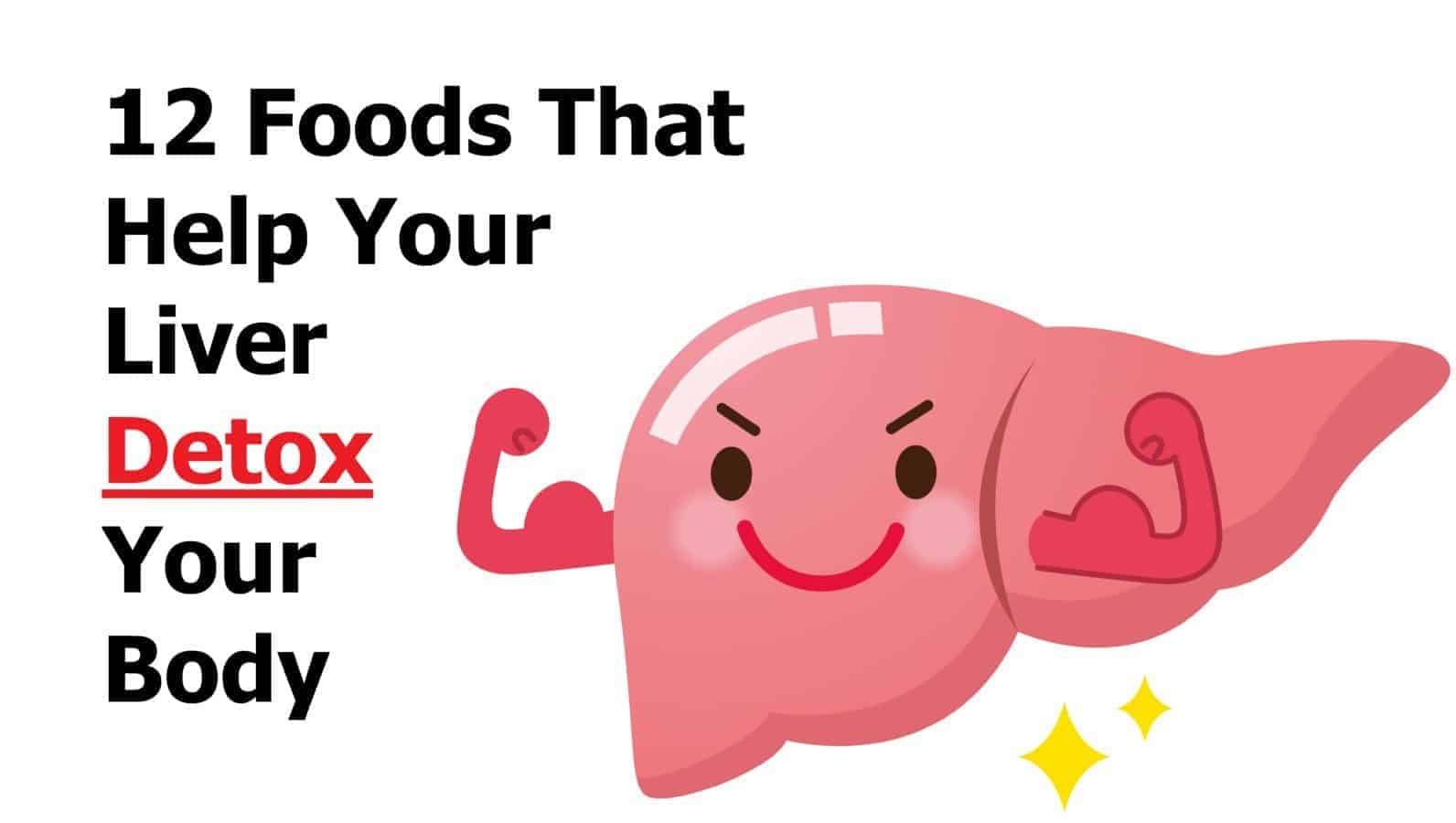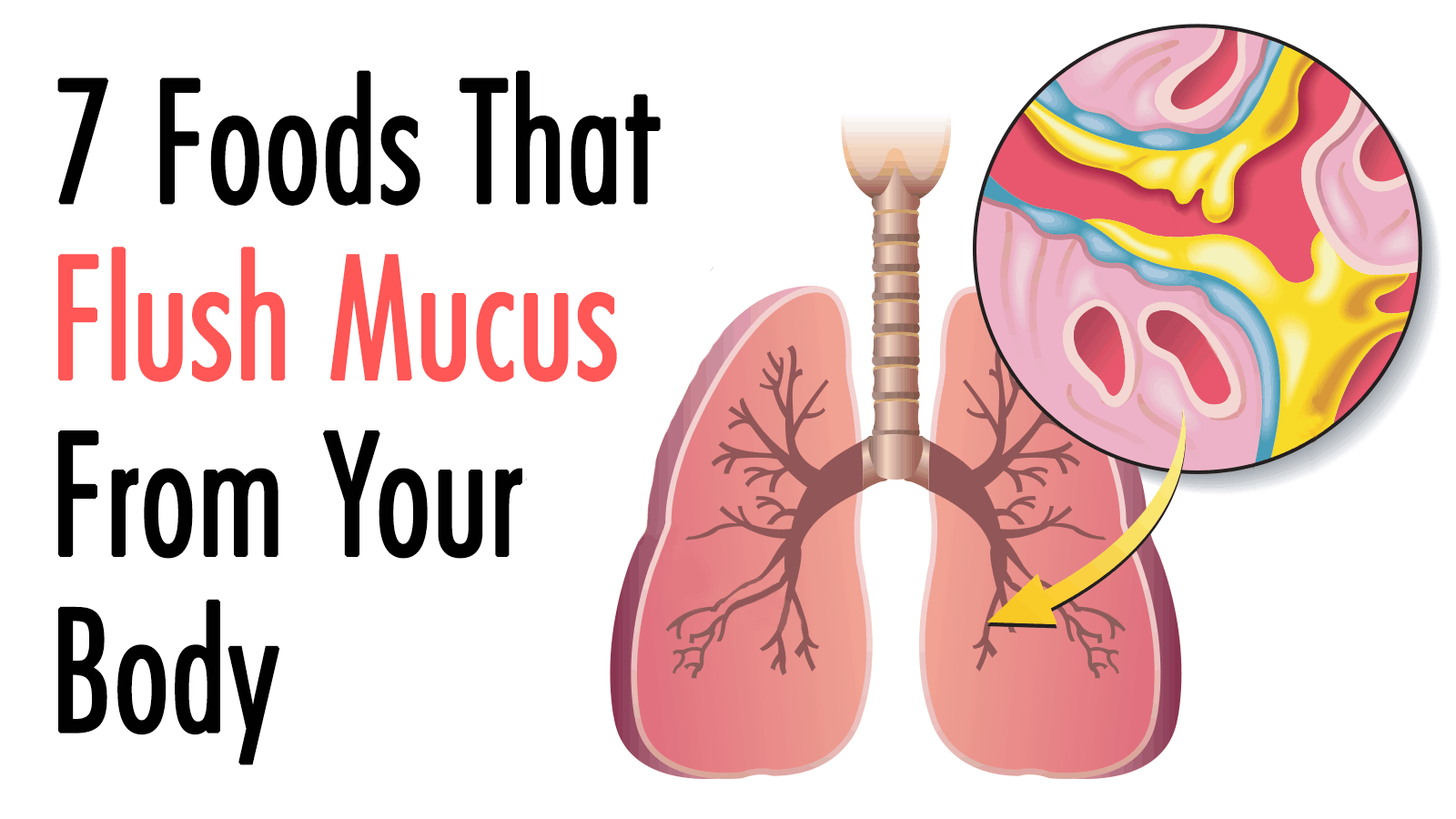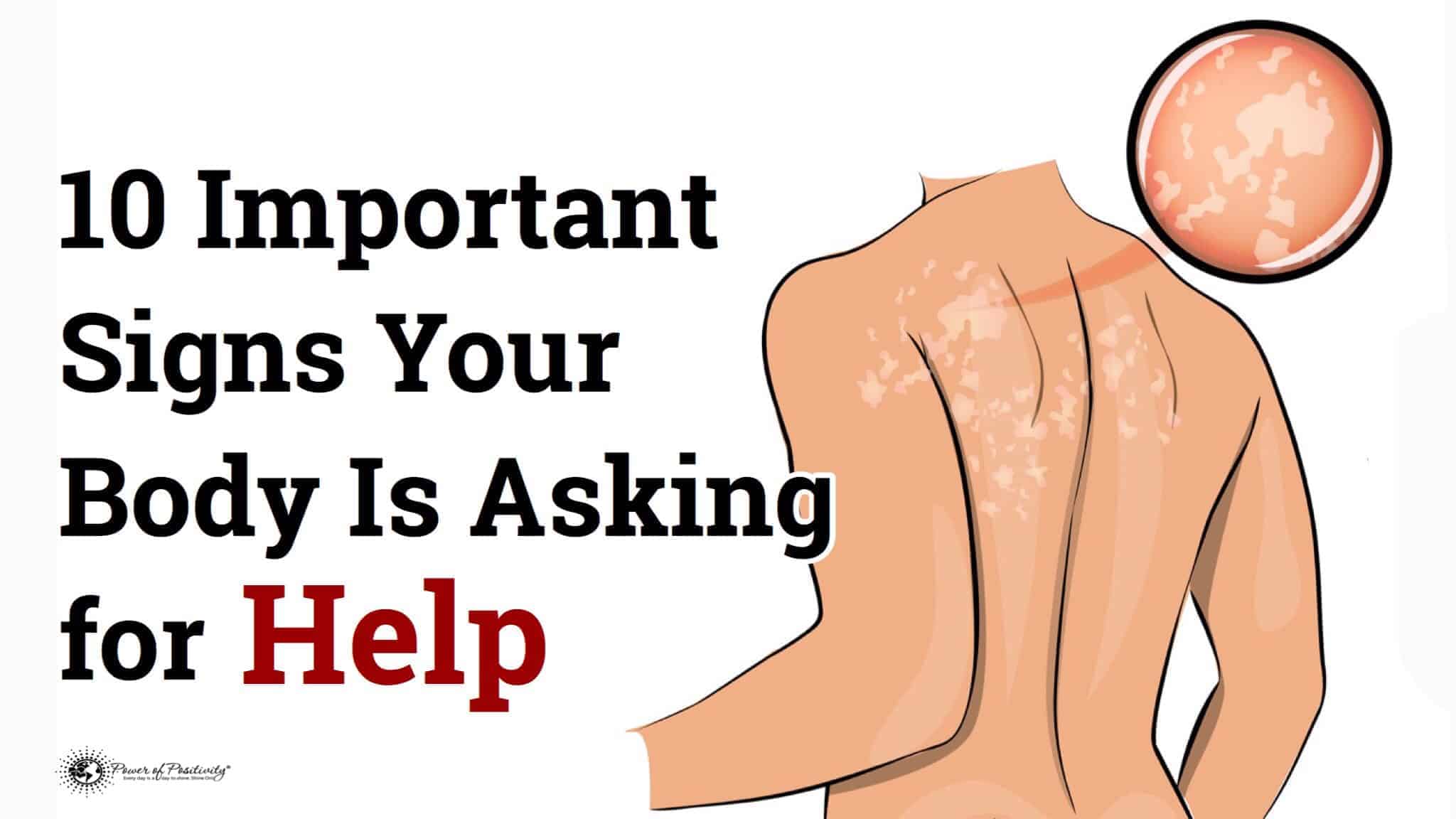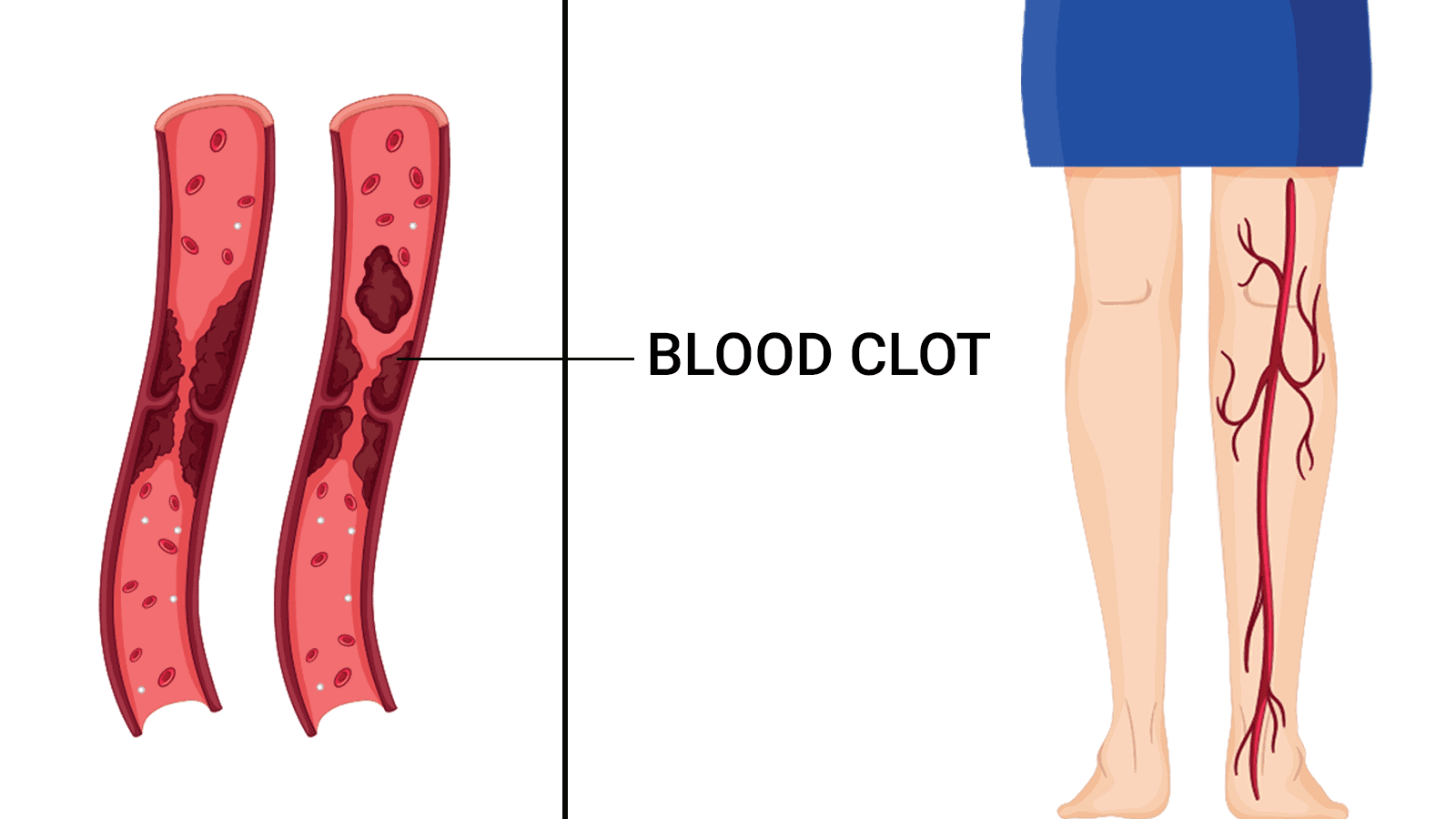Many favorite pastimes can quickly turn into addictions. Consider gambling, overeating, or drug and alcohol use, to name a few compulsions. Ironically, not many consider the compulsive spender as part of this group. Someone who uses spending as a coping mechanism has an addiction, and it’s called oniomania.
Oniomania is a problem just as serious as overeating or using drugs. Though this issue is not an official disorder by the DSM-5 printed by the American Psychiatric Association, it’s a verifiable disorder that warrants a conversation. Overspending can cause a great deal of psychological and financial stress. Have you ever heard of people kiting checks?
Part of why few retailers take checks is because of people who scammed free merchandise. Though it’s much harder to accomplish these days, kiting checks was once a way to buy now and pay later. When the check bounced, they would pay the service fees, allowing them to shop and fix their need to spend urgently.
Kiting checks is just one trip that compulsive spenders use to get things to fill that rush, but other methods include running up credit cards, spending bill money, and borrowing from friends. Sadly, being addicted to shopping and spending money can be just as dangerous as taking cocaine. It all works by activating the pleasure receptors in the brain, and once your body feels pleasure, it will crave that feeling again.
Your Environment Contributes to Overspending
Have you ever heard someone say that you’re a product of your environment? This statement is true because you’re impacted by where you live and dwell. Living in a larger city may make you feel compelled to live a life well beyond your means.
Why does location matter?
In a city, someone can easily access stores, restaurants, nightlife, and many things that cost money. It’s a very tempting area for those who have a compulsive overspending problem. Someone who lives in a rural community that lacks these conveniences might not be as eager to spend. So it’s safe to say that your environment can push you to have a spending problem, though it’s not the only reason one might exist.

Six Telltale Signs of a Compulsive Spender
Are you a compulsive spender? Do you often spend more money than you can spare, run up huge debts, and often lay your head on your pillow and cry about money problems? Here are some classic signs that you have a spending problem and need help.
1. A Compulsive Spender Can’t See the Difference in Your Wants and Needs
It would help if you cared for your needs, but your wants are not something you can buy daily. These are things that you must save for and buy sparingly. Before you buy something, ask yourself if this is a want or a need. It gets tricky for some people, especially those prone to overspending.
They see their wants as needs and feel they have to have them now. However, it’s truly nothing that you can’t live without. How can you differentiate between a want and a need when your rationale is skewed?
Look at your previous spending habits. Compulsive spending often leads to piles of stuff you don’t need later. While you want to take up sewing and purchase that $400 sewing machine, will you use it? This is how homes become cluttered with items based on good intentions. It would serve you better to find a used sewing machine for less and try your hand before making a significant investment.
2. You Deny There’s a Compulsion
Do you deny that you’re a compulsive spender? Everyone around you sees the warning signs and knows you need help, but you don’t see your spending as a problem. You’re not like the people who can’t control their issues, as you think you’re in control.
The truth is that when you lay your head down at night, you know that the problem is far beyond your ability to handle it alone. You’ll never get help until you realize you need it. Everyone around you can tell you that you have an addiction and you’re a compulsive spender, but it’s not until you come to terms with it that you will understand the need to stop.
3. A Compulsive Spender Lives Above Their Means
One of the defining characteristics of someone with compulsive spending habits is an urge they can’t control. It’s a compulsion because it controls them. The desire is irresistible, and it causes them to behave in ways they would typically never consider.
The first step in realizing that you have an overspending problem is acknowledging this urge. Remember that everyone desires to splurge, and there’s nothing wrong with that occasionally. Perhaps you had your eye on a car you needed for work, but it was a bit more than your budget. However, you had to have that car.
The difference between someone who spends on occasion and someone with a compulsion is that it can’t be controlled. There are significant financial consequences to this type of spending.
A good question to ask yourself before you make such a purchase is, “Will this cause me great financial difficulty? If the purchase will put you in economic turmoil, then it’s a compulsion and not needed.

4. A Compulsive Spender Feels Guilty After Making Purchases
Have you ever made a purchase and then felt extreme guilt afterward? Maybe you wanted that little red convertible so bad that you could taste it, but now that you’ve got it, you regret the decision. One way you can tell a compulsive spender from someone who makes wise decisions is the guilt behind them.
When you’re in the moment, you don’t consider the consequences of making such a wrong choice. However, when that first payment comes due and stretches your budget, you think of the gravity of the situation. The guilt makes you feel powerless, but you cannot stop yourself due to impulse control difficulties.
Ironically, you might feel so bad that you bought that car and caused this issue that you might purchase yourself something else to feel better. The process starts all over again because you need to ease the pain you created over a wrong choice. You’re guilty of overspending if you’ve done this too many times to count, even when it was on small-scale items.
5. Compulsion Becomes Self-Medication
Consider the high that comes with getting a new item. You’ve never felt better than when you have a new outfit, shoes, purse, or haircut. It puts a little pep in your step because it eases a negative psychological state.
What if you’re having issues in your marriage and need a release? You might find it easy to go to the mall and buy yourself something to make you feel better. It satisfies that craving to feel good and works out some of your anxiety about your relationship.
People self-medicate for many reasons and don’t always use drugs or alcohol. You’re chasing this high because it increases the dopamine in your brain that makes you feel good. A compulsive spender will feel the same high from purchasing that someone who smokes marijuana feels, but both addictions come with a high price tag.
Oniomania is more common than you might think, as the National Library of Medicine estimates that between two to eight percent of adults suffer from this chronic overspending problem.
6. Financial Ruin Looms Large When the Compulsion Becomes Toxic
One of the giant red flags of a compulsive spender is spending money they don’t have to spare. You’ll dip into the cookie jar, take your mortgage or car payment, and tell yourself you will repay it later. The truth is that later never comes, as another purchase or compulsion always takes center stage.
Many people with spending problems fall behind on their bills and end up in massive debt. It’s alarming how many people file for bankruptcy in this country due to overspending, estimated at around five percent. According to Legal Jobs, approximately eight percent of all filers have filed for bankruptcy more than once.
When you file more than once in your life for government relief, it’s a classic sign of a spending issue. Another staggering statistic is that twenty percent of the people who file are well-educated professionals, which can be an indication of materialism. It shows that spending problems affect people from all walks of life, and no one is immune.
Final Thoughts on Knowing the Signs of a Compulsive Spender
Recovery centers tell families with loved ones with addiction the grim news. The experts tell them treatment won’t be successful if their loved one isn’t ready to get help. The same things are valid for the compulsive shopper.
It’s not until you see the need to get help, and want to make a change in your life, that you will be successful in doing something about it. If you notice that any of these red flags above sound like you, you need to get help before you end up in financial ruin.




